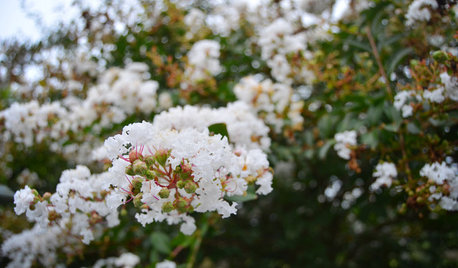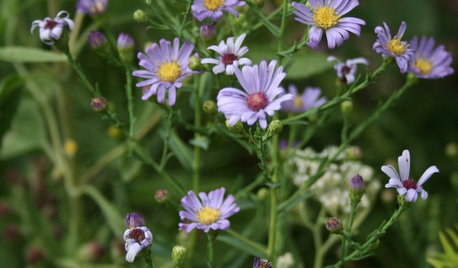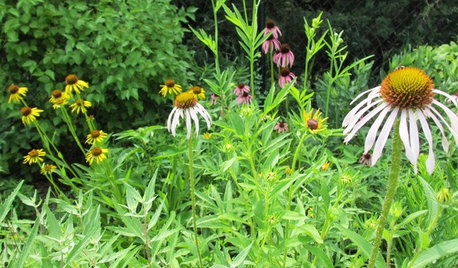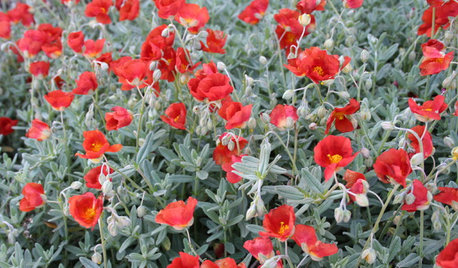Any other plants that get blight??
lexiebmax05
13 years ago
Related Stories

PATIOSGet Backyard Privacy the Subtler, Stylish Way
Why settle for a hulking brick wall when plants, screens and other refined backyard dividers do the job with panache?
Full Story
GARDENING GUIDESBrighten Any Garden With White Crape Myrtle
A terrific supporting player to other plants, white crape myrtle can help a walkway or other parts of a landscape gleam
Full Story
PETSSo You Want to Get a Cat
If you're a cat lover, the joys outweigh any other issue. If you haven't lived with one yet, here are a few things to know
Full Story
LIFESimple Pleasures: Get Centered
Make time to regroup and recharge with a special spot for meditation, yoga or any other mindful pursuit
Full Story
NATIVE PLANTSAutumn Joy: How to Get 3 Months of Fall Flowers
Enjoy blooms from September to November by mixing 6 asters native to different areas of the U.S.
Full Story
FLOWERSGet Coneflower Blooms All Summer Long
Plant these 5 native species to bring beauty to the garden — and pollen to the insects — from June through August
Full Story
FARM YOUR YARDHow to Get Good Soil for Your Edible Garden
The nutrients in your soil feed the plants that feed you. Here are tips on getting it right — just in time for planting season
Full Story
BLUE AND GRAY FOLIAGEThe Underdog Color That Fits Any Garden
Green usually gets all the glory in landscapes, but this surprise garden contender sets off a wide range of blooms to their best advantage
Full Story
MOST POPULAR12 Key Decorating Tips to Make Any Room Better
Get a great result even without an experienced touch by following these basic design guidelines
Full Story
HOUZZ TOURSHouzz Tour: An Ecofriendly Family Home Gets in Line
Without any curved lines but with a wealth of energy-efficient features, this remodeled home in Northern California has plenty of appeal
Full Story







digdirt2
lexiebmax05Original Author
Related Professionals
Tempe Landscape Architects & Landscape Designers · Brentwood Landscape Contractors · Edmond Landscape Contractors · Brockton Landscape Contractors · College Park Landscape Contractors · Commack Landscape Contractors · Olympia Landscape Contractors · Pahrump Landscape Contractors · San Antonio Landscape Contractors · Vashon Landscape Contractors · West Haverstraw Landscape Contractors · 07920 Landscape Contractors · Sun Valley Landscape Contractors · North Hills Landscape Contractors · East Ridge Driveway Installation & Maintenance